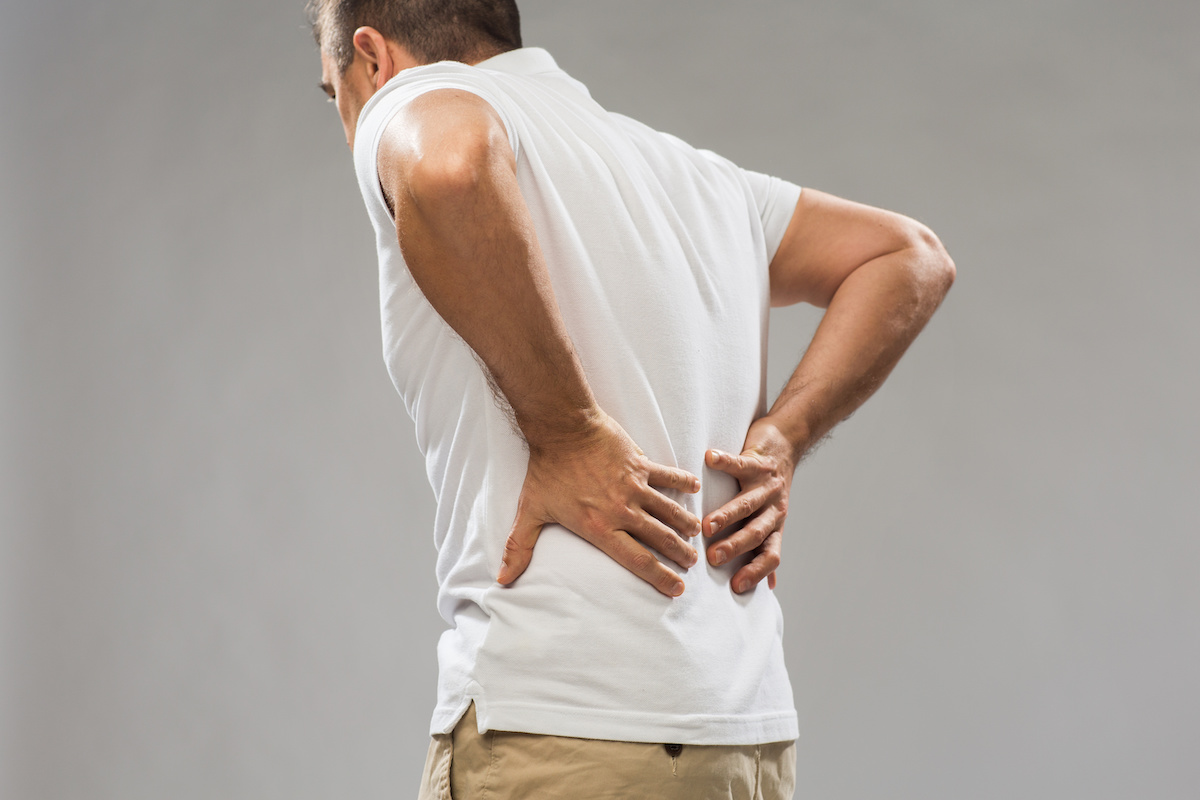“If only a person’s back pain would be better, everything would be better,” says Dr. Jerome Schofferman, about the impact that back pain has on our lives. As a Rehabilitation and Spine Care specialist, he notes that back pain is a black hole of energy and emotion for most people. You might agree with him too.
Our back, especially the lower portion, does a lot of heavy lifting. It bears the weight of the upper body, and connects to the pelvis, which is the key to movement. Moreover, this part of the spine has fewer number of vertebrae, as compared to the neck or the mid-back. How can we then build awareness of what causes strain to the lower back, so we can lead pain-free lives? Here are some pointers:
- Postures. Our posture is how we hold our body upright against gravity. Be it while standing, lifting, sitting, playing a sport, etc. Since a lot of our work today involves using laptops or phones, the general postures we assume are hunching, slouching, looking down, or leaning forward. This is a recipe for disaster in the long run, because the muscles from our hip upwards get stiff. Slouching reverses the natural curve of the spine, putting excessive pressure on its lower discs. You will relate to this if you feel a pinch in your lower back after working on your computer for a while, or if your shoulders feel tough.
- Diet. This might seem like an unlikely one when it comes to aches and pains that aren’t in the stomach. But all forms of food – like excessive alcohol, sugar, and caffeine – that increase cortisol levels in our body, contribute to back pain. Why? Because excess cortisol causes inflammation of the connective tissue, leading to sudden muscle contraction and stiffness. Over time, this leads to back spasms. There is more – skipping meals or sudden diets also have the same effect.
- Stress. Is there a specific part of your back that feels stiff when you experience anxiety or stress? That’s the part which responds physically to your emotional pain. And the more trouble you have dealing with the stress, the more pain you will experience. A study showed that people who were under mental distress were three times more likely to develop low back pain than those who had better coping skills. 75% of people managing depression report back pain. Stress affects our ability to relax, and the body becomes tense. It’s a vicious cycle, because a tense body causes more anxiety, further feeding the pain.
- Inactivity. We all know that muscles are meant to move. But, we sometimes give in to a sedentary life. Not engaging in activities even like walking, can make your muscles stiff. They lose elasticity. A sedentary lifestyle also puts pressure on the lower discs, compressing them. This, plus stiff, non-elastic muscles lead to back pain even when you do simple movements, like climbing a flight of stairs. The recommended amount of moderate activity for healthy adults: at least 150 minutes a week.
The common thread with these points: small and conscious changes to some of our habits can lead to significant shifts in our health. It is all about making those deliberate choices. Where would you like to begin?

